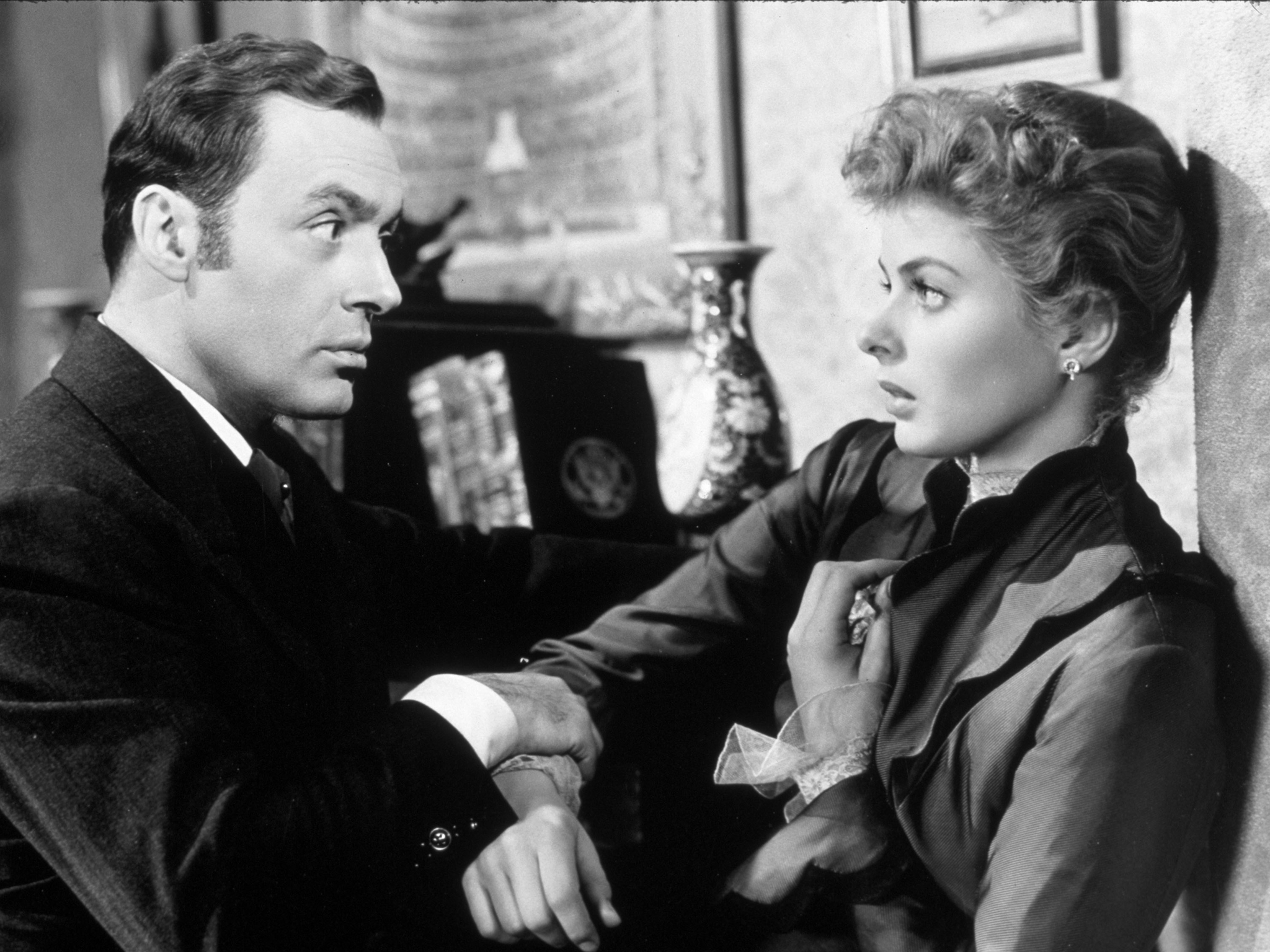Mea Culpa: Has ‘gaslighting’ lost all meaning?
Questions of style and usage in last week’s Independent


The verb “to gaslight” is enjoying a vogue on social media, but fortunately does not appear in our pages often. I think it an unpleasant and unhelpful phrase, suggesting that someone is trying to fool people into thinking that things are not as they are, like the murderous husband in the 1944 film Gaslight, who tried to make his wife think she was going mad. It implies both malice on the part of the gaslighter and victimhood on the part of the gaslightee.
So I was surprised that in a comment article Munira Mirza, the director of the No 10 policy unit who is overseeing a commission on racial inequality, was described as “Boris’s gaslighter-in-chief”. Is this supposed to mean that she has the power to persuade members of ethnic minorities that they are not discriminated against when they are, or is it just a fashionable term of abuse? Better for a writer just to spell out where they disagree with her and why.
Review of prepositions: Several times last week we referred to a “review into” something. We mentioned the independent review “into” the Windrush scandal. We reported on the government’s review “into” the two metre social distancing guideline, and we had a couple of references to the Rugby Football Union’s review “into” the history of “Swing Low, Sweet Chariot”, the song sung by England supporters.
You can see how this happens, because a review is like an inquiry, although a bit softer, with less of an implication that mistakes have been made. But the usual form is to have a review “of” something, or an inquiry “into” it. Or, in Mirza’s case, a commission “on” something.
Out of context: Incidentally, we quoted the Rugby Football Union as saying its review was of the “historical context” of the song, but we then repeated the phrase without the quotation marks. I can’t think of any difference between “historical context” and “history”, so I think we should say that.
“Context”, and especially “in the context of”, is a filler word, often used to pad out weak sentences. In a travel article, for example, we mentioned wearing a face covering, “as you are required to do in almost any transport context nowadays”. I think “on almost any form of transport” would have been better.
Imperfect analogy: In a headline about the easing of the lockdown planned for next weekend, we said: “Police: Reopening of pubs is perfect storm for disorder.” I suppose I shouldn’t complain, because the phrase “perfect storm” was attributed to the police in quotation marks in the news report. But it is still a terrible cliche for a headline.
The phrase was popularised by a book and a film of that title, about the Halloween nor’easter storm that hit the east coast of the US in 1991. It used to mean unexpected events coinciding to produce an exceptional disaster. Now it just means two bad things happening at once – in this case, the pubs reopening after several months, and on a Saturday too.
Join our commenting forum
Join thought-provoking conversations, follow other Independent readers and see their replies
Comments